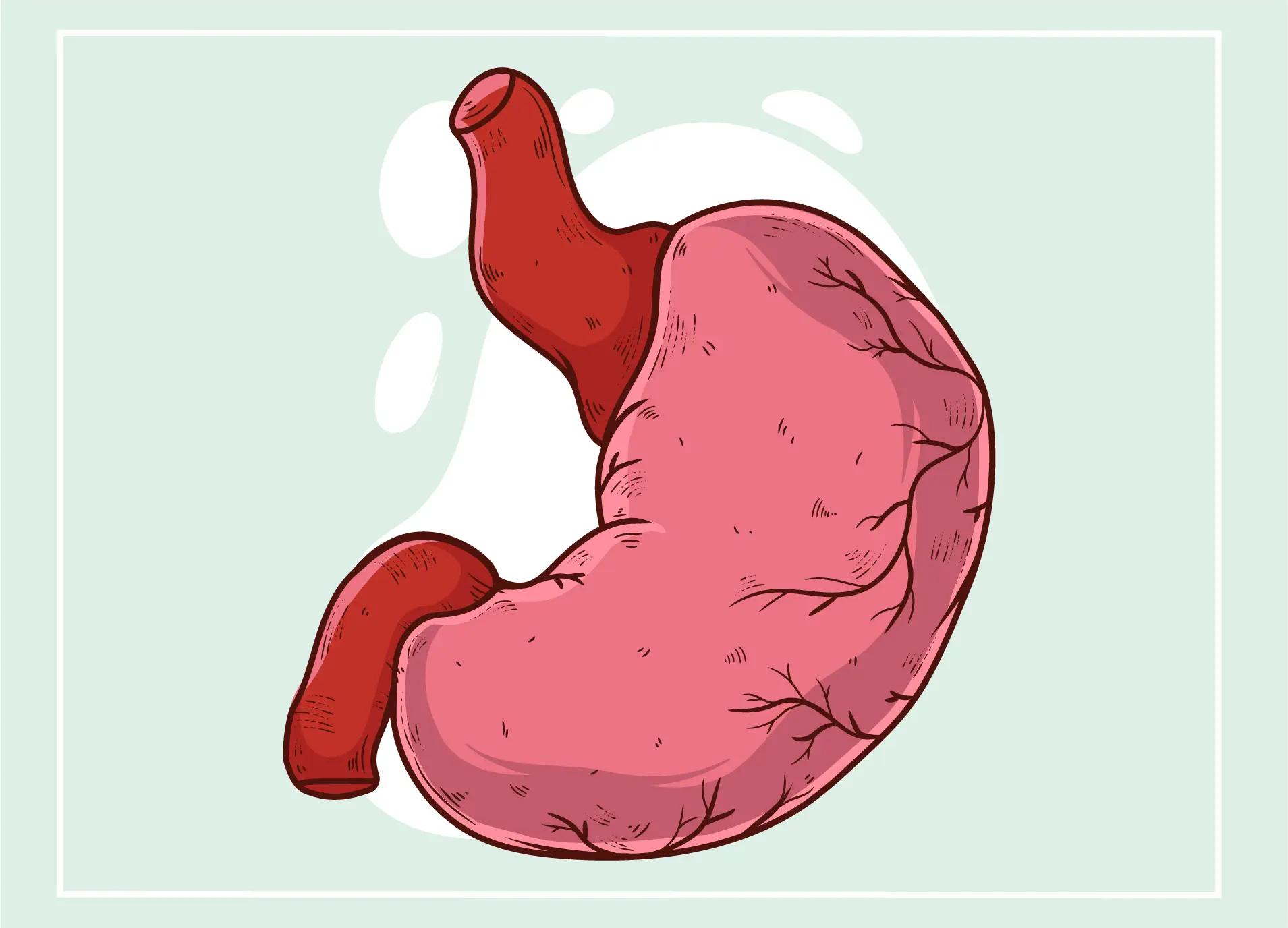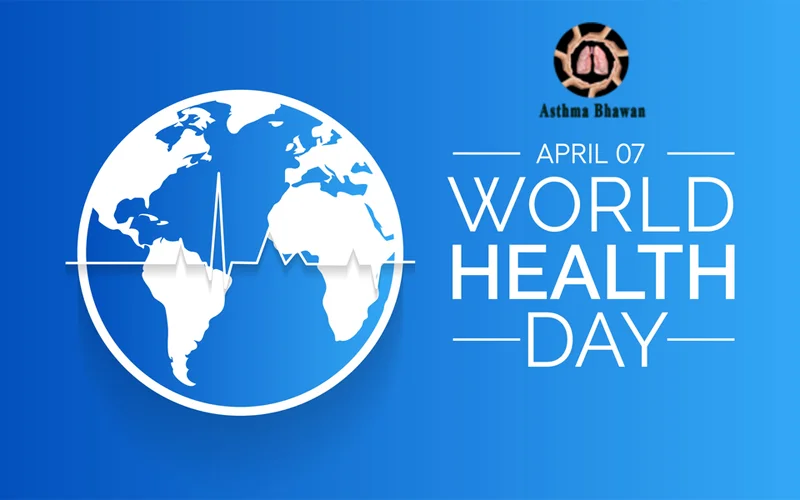
In its early history, the church adopted this to replace the Jewish Passover. At first, some churches observed commemorative activities on the 14th of Nisan in the Jewish calendar. However, in 325 AD, the Council of Nicaea established that Easter would be celebrated on the first Sunday after the first full moon following the vernal equinox each year.
Given today’s fast-paced lifestyle filled with stress and irregular eating habits—such as skipping meals or indulging in unhealthy food—many people suffer from minor issues like stomach pain or bloating. More severe gastric problems are also becoming increasingly common. Recognizing this issue prompted some international organizations to step up.
In response, led by the International Natural Medicine & Health Preservation Engineering Research Association along with the World Health Management Alliance, these organizations designated April 9th as International Stomach Care Day (also known as International Stomach Protection Day) in 2006. Since then, every year on April 9th serves as a reminder for everyone worldwide about the importance of maintaining good gastric health.

Why dedicate a specific day for “stomach care”? Think about how unfriendly modern lifestyles are towards our digestive systems:
- Irregular Eating: Skipping meals when busy or eating inconsistently.
- Fast Eating: Gobbling down food without giving your stomach enough time.
- Unhealthy Diets: Consuming excessive takeout food that’s greasy or spicy.
- High Stress & Late Nights: Poor emotional states and lack of rest adversely affect your gut.
These habits gradually place immense stress on our digestive system leading to discomforts.
April 9th aims precisely at raising awareness regarding how hard-working yet fragile our digestive systems are:
- Raise Awareness About Stomach Health: Educate people on its importance while highlighting common symptoms indicating gastric problems caused by harmful habits.
- Promote Stomach Care Practices: Encourage adopting simple everyday practices like regular meal times; consuming mild foods; chewing thoroughly; relaxing; avoiding late nights; reducing smoking/alcohol intake—all contributing towards better self-care.
- Encourage Listening To Your Body: If experiencing persistent pain/bloating don’t ignore it nor self-medicate randomly—instead seek medical advice promptly preventing minor issues from escalating into major concerns.
While not officially recognized by institutions like UN-backed international days—it’s driven by global wellness initiatives aiming at spreading awareness universally since gastric challenges transcend borders due largely due modern living patterns affecting everyone equally worldwide.

On this date though large-scale events aren’t typical—you’ll likely find numerous informative articles online regarding digestive wellness; recipe suggestions tailored towards gentle diets; expert-led sessions explaining preventive measures—even free consultations/check-ups organized locally aiming solely at educating encouraging proactive steps ensuring optimal gastrointestinal functioning.
Thus each year come April 9th view it akin giving yourself permission granting much-needed respite allowing recuperation—a gentle nudge reminding nurturing oneself starting fundamentally through mindful eating habits ensuring overall vitality sustenance fostering longevity ultimately translating feeling genuinely good inside-out! So mark calendar noting significance ensuring every meal counts aligning holistic approach embracing healthier living prioritizing gut wellbeing paramount importance benefiting immensely long term perspective!




